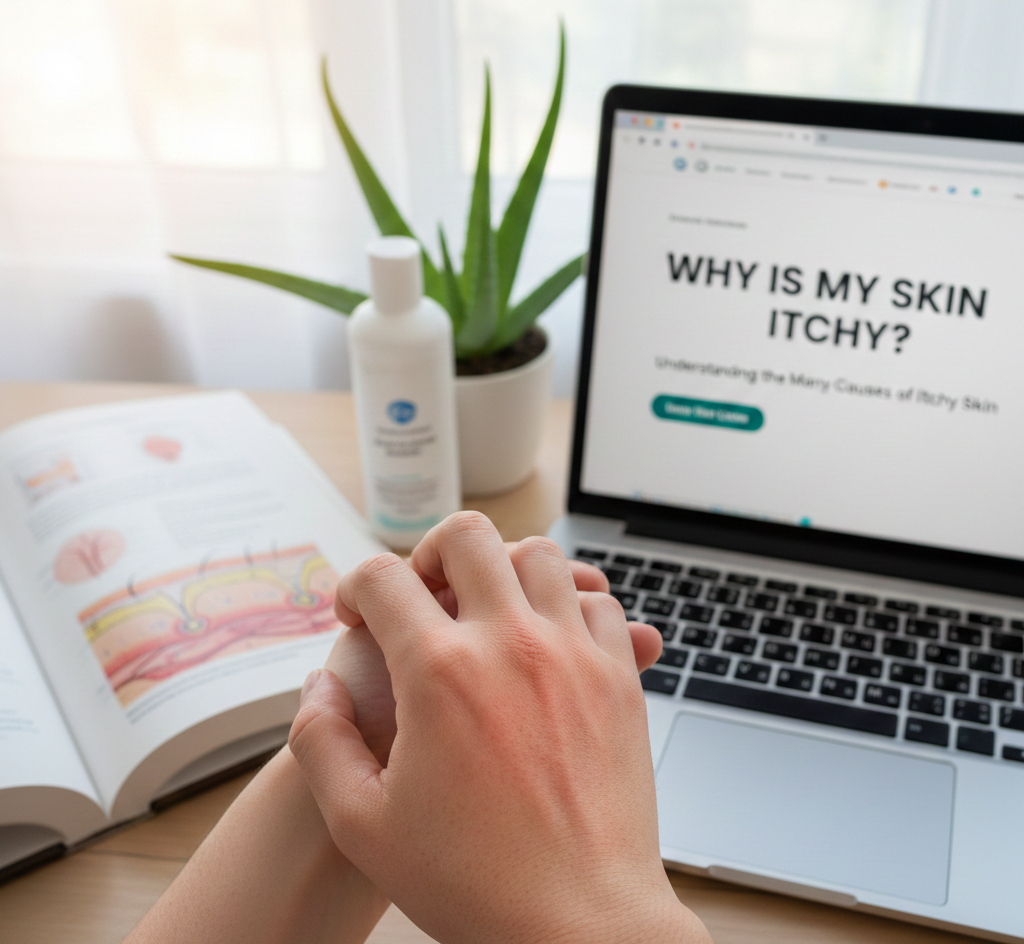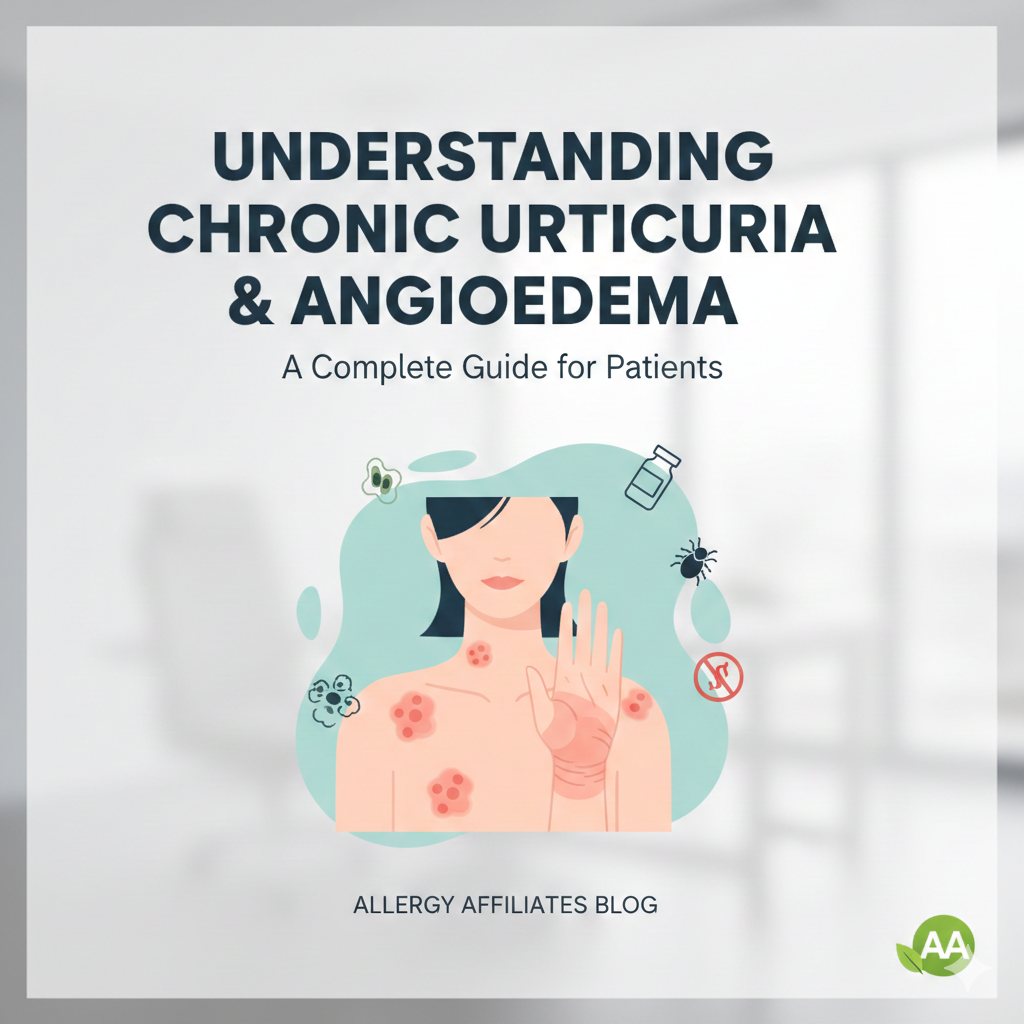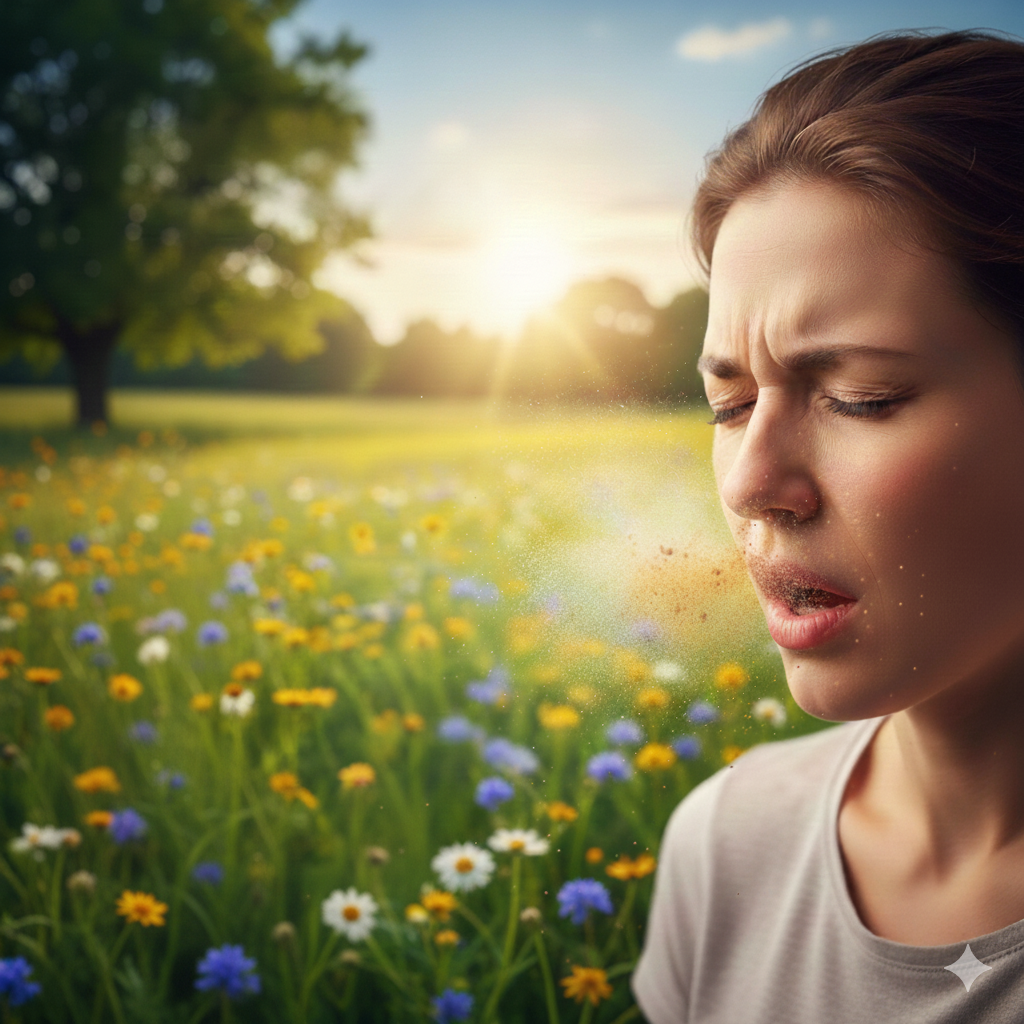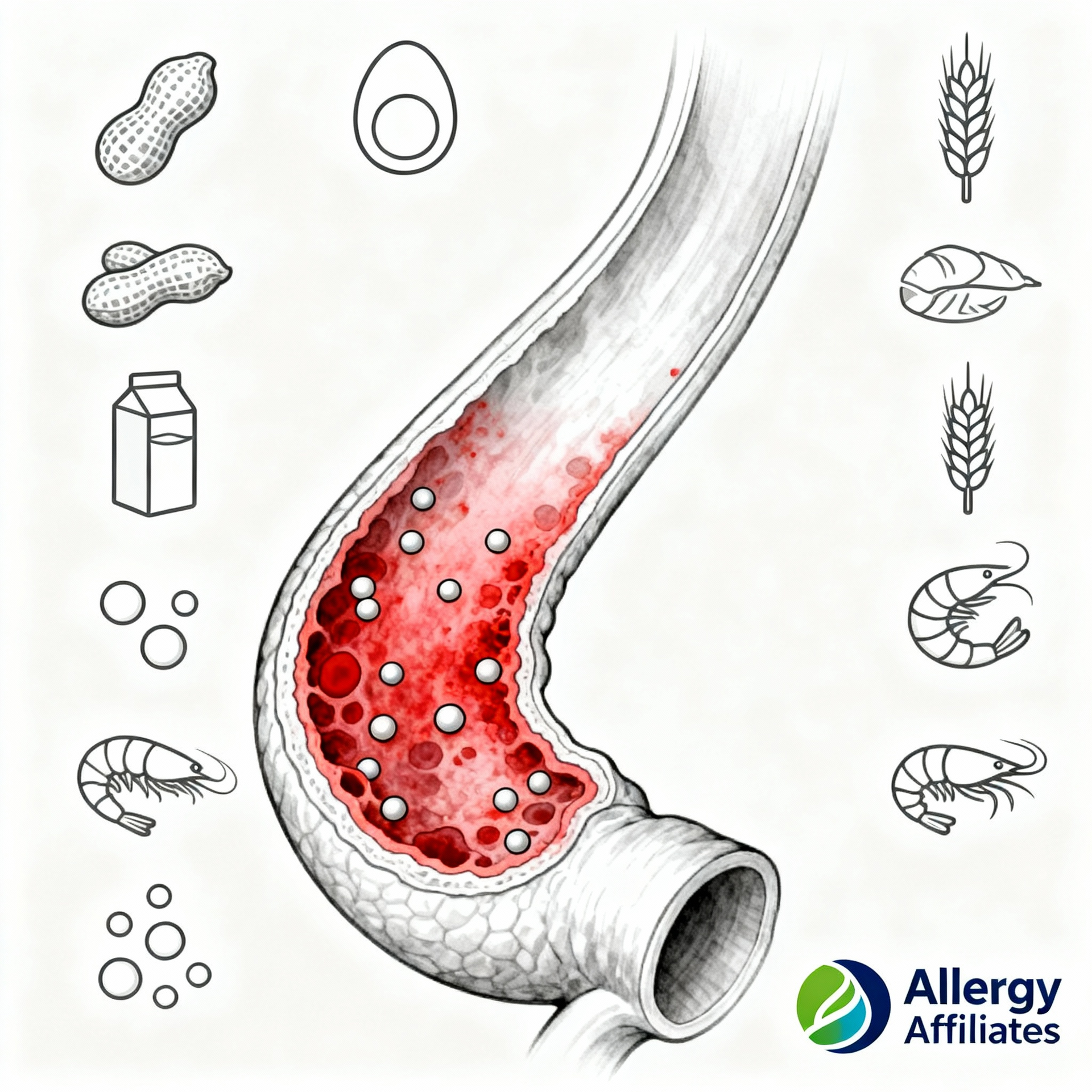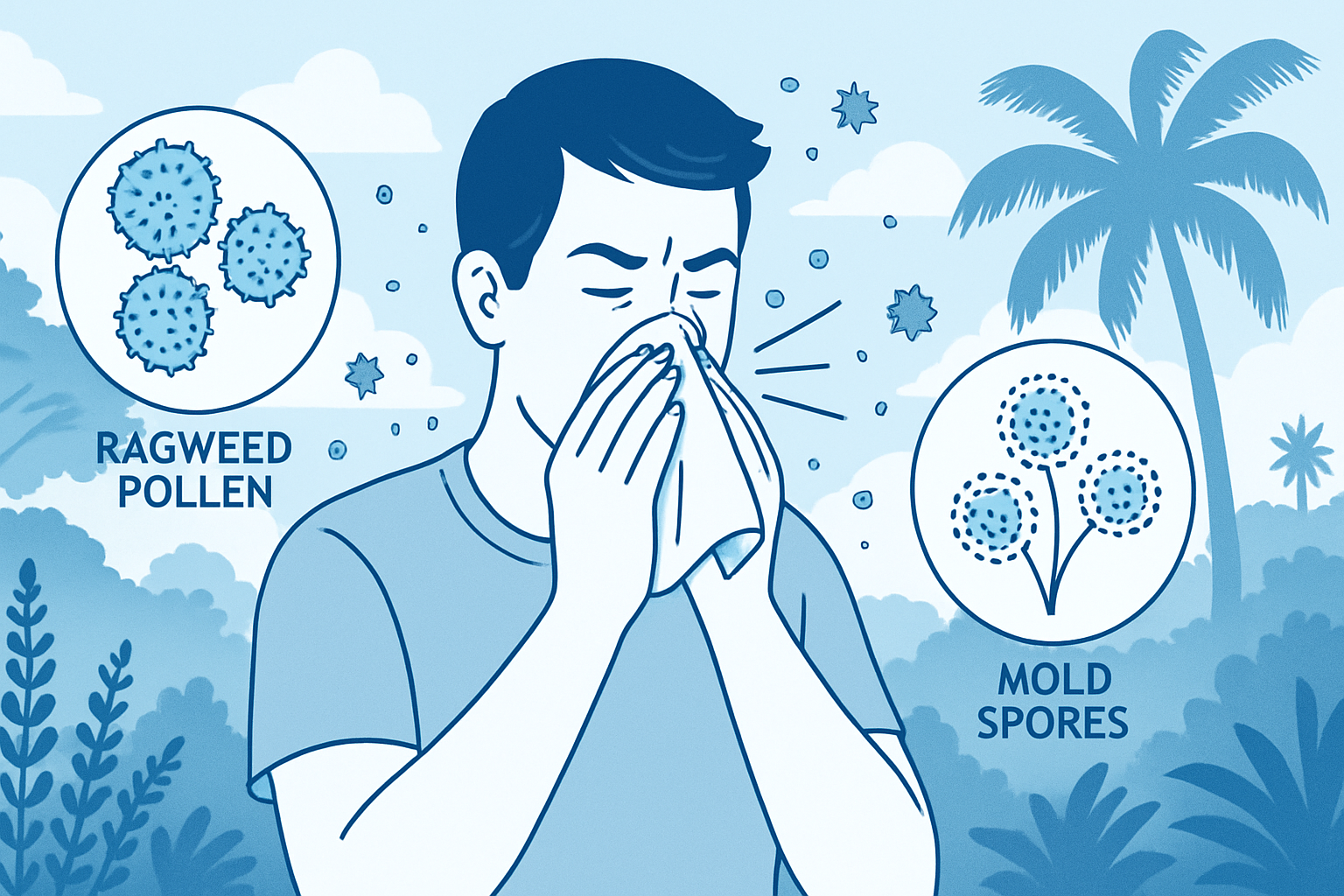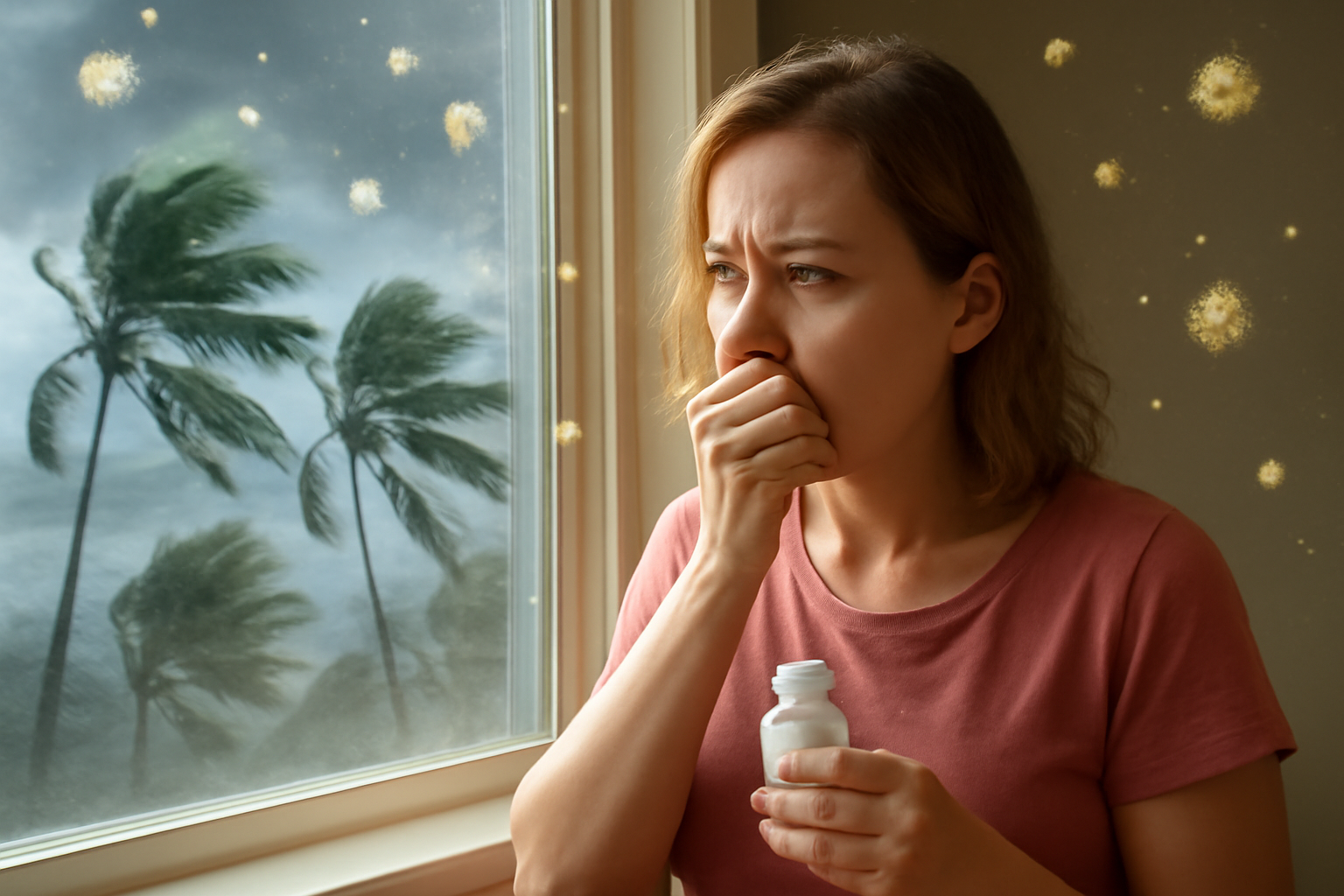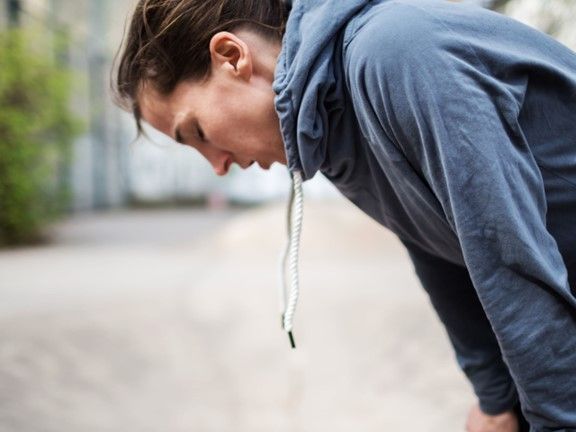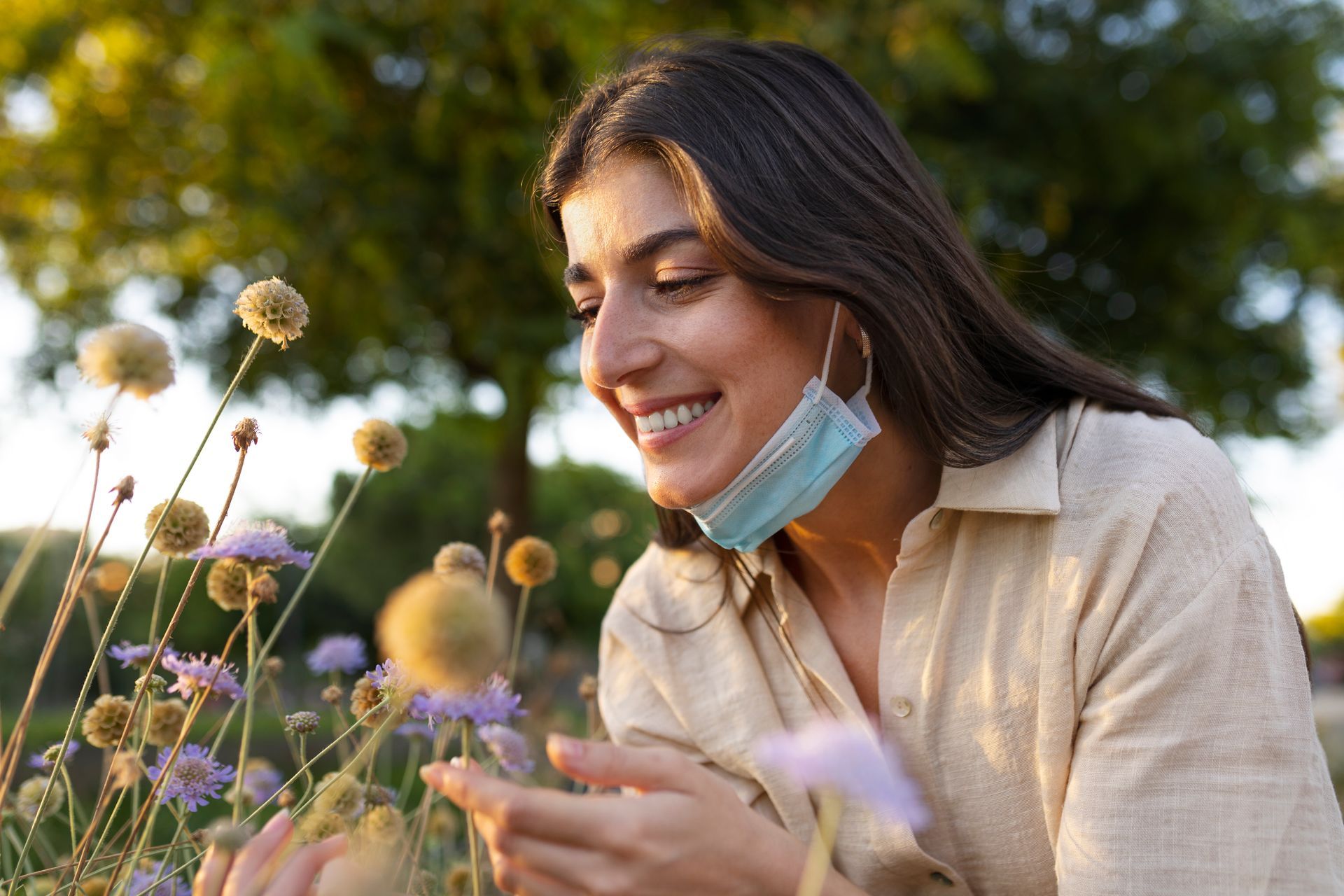
Ever step into your garden only to be driven back indoors by relentless sneezing and itchy eyes? You’re not alone. In Florida, several people suffer from pollen allergies, making it a familiar yet frustrating challenge for gardening enthusiasts. The constant battle with allergies may turn a passion for gardening into a chore filled with uncomfortable symptoms.
Now, imagine your dream garden, bursting with color but devoid of the misery pollen brings. The reality is achievable: a low-pollen garden can protect you from allergies. Crafting a low-pollen paradise isn’t just a dream – it’s a practical solution. You can enjoy your outdoor space without the sneeze factor by choosing the right allergy-friendly plants and following simple maintenance tips.
If allergies often get the best of you, consulting the best allergy doctors near you, like our specialists here at
Allergy Affiliates, for personalized advice and treatment can be a game changer. Know more about how to build a garden oasis free from allergy woes.
Reclaim Your Garden Joy!
Understanding Pollen Allergies
Pollen allergies, often known as hay fever or allergic rhinitis, affect many people worldwide. When pollen from plants, trees, or grasses gets into your system, it triggers an allergic response, causing symptoms like sneezing, itchy eyes, and congestion. Managing pollen exposure is crucial for gardening enthusiasts to avoid these symptoms and enjoy the outdoors.
Allergy-Friendly Plants for a Pollen-Free Paradise
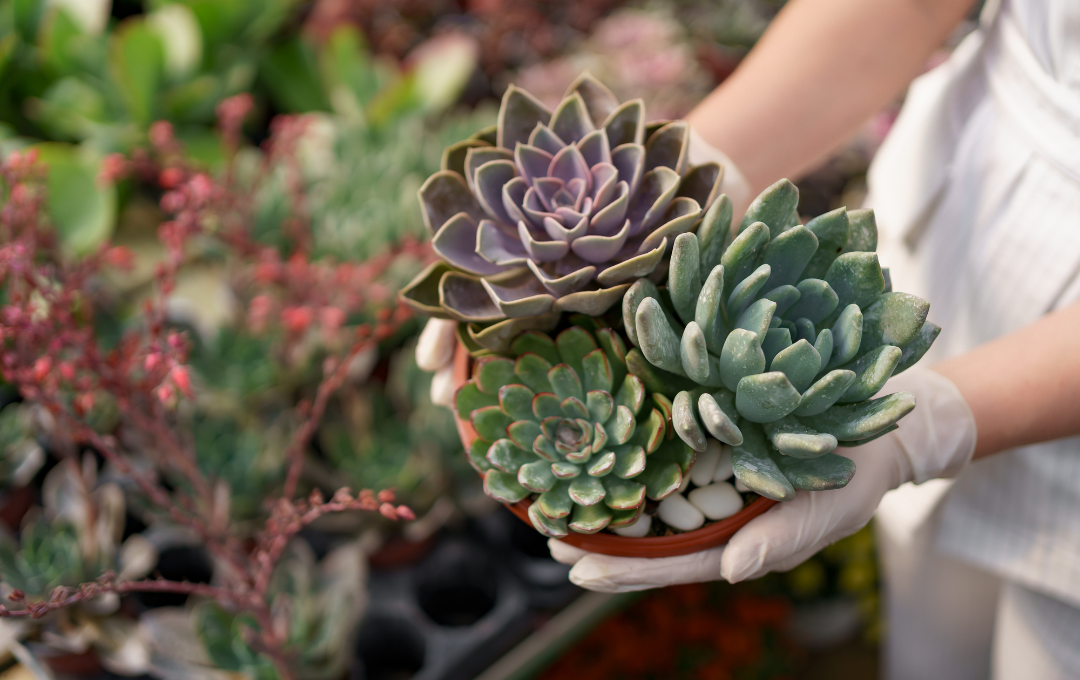
Not all plants unleash the same pollen fury. Some are naturally low-pollen or have sticky pollen that stays put, making them ideal for allergy sufferers. Here’s a closer look at low-pollen plants perfect for gardening in Florida:
Pollen-Free Flowers
- Orchids: These exotic blooms are stunning and virtually pollen-free, making them a top choice for allergy sufferers.
- Succulents: Varieties like aloe vera and echeveria offer unique textures and shapes without pollen, perfect for adding interest to your garden.
- Cacti: Hardy and low-maintenance cacti come in various shapes and sizes, providing visual appeal without triggering allergies.
- Sunflowers: Opt for the “Sunbeam” variety, which produces less pollen than traditional sunflowers. This allows you to enjoy their vibrant presence without the sneeze factor.
- Daisies: Choose low-pollen types like the “Shasta Daisy.” These cheerful flowers brighten any garden and keep pollen levels down, making them perfect for sensitive noses.
Non-Allergenic Plants
- Lavender: Known for its soothing scent, lavender’s low pollen content makes it a favorite for allergy-friendly gardens. Plus, it attracts bees and butterflies without releasing irritating pollen.
- Chamomile: While often associated with calming teas, chamomile plants bring tranquility to your garden with their low-pollen characteristics and delicate, daisy-like flowers.
- Mint: This versatile herb enhances your culinary creations and contributes to a low-pollen garden, making it a practical and fragrant choice.
By incorporating these low-pollen plants into your garden, you can create a beautiful, allergy-friendly oasis that allows you to enjoy the outdoors without the discomfort of pollen-induced symptoms.
How to Design an Allergy-Friendly Garden
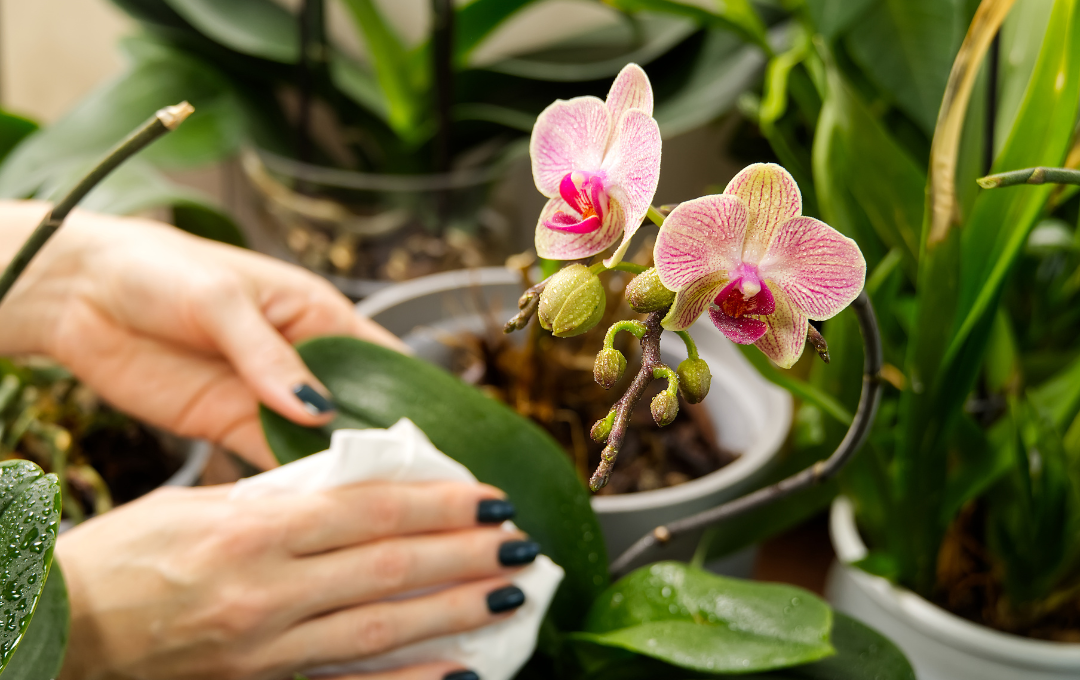
Creating an allergy-friendly garden involves strategic planning and intelligent choices. Here’s how you can design a garden that minimizes pollen exposure:
- Incorporate Hardscaping Elements
Include pathways, stone patios, and water features to break up plantings and reduce pollen accumulation. Hardscaping adds aesthetic value and creates zones of pollen-free space for relaxation.
2. Choose Allergy-Friendly Ground Covers
Ground covers like ivy or moss can replace traditional grass, which often contributes to pollen levels. These alternatives are both visually appealing and less likely to produce airborne allergens.
3. Plant Strategically
Position your flowers and shrubs strategically. Place high-pollen plants away from frequently used areas like patios and windows to minimize direct exposure.
4. Container Gardening
Consider container gardening to control plant types and placements. This method allows you to enjoy gardening without worrying about high-pollen plants affecting your outdoor space.
Maintenance and Care Tips for Your Allergy-Friendly Garden
Maintaining your allergy-friendly garden is vital to enjoying a pollen-free outdoor space. Here are essential tips to keep your garden healthy and allergy-safe:
- Practice Regular Watering
Consistent watering keeps the soil moist and helps plants thrive while minimizing pollen production. Try watering your plants early in the morning or later in the evening. This method helps keep water in the soil longer, ensuring plants get the right amount of water without drying out too fast.
- Start Mulching
Spread a layer of mulch around your plants to help them grow better. Mulch acts as a barrier, preventing pollen from becoming airborne and reducing pollen drift in your garden beds. For best results, opt for organic mulch like shredded bark or leaves.
- Ensure Proper Pruning
Regular pruning is essential to maintaining plant health and shape and minimizing pollen production. Immediately remove dead or dying flowers and branches, focusing on plants that release significant pollen.
- Keep the Garden Clean
Frequently remove fallen leaves, weeds, and other debris from your garden. Pollen can accumulate on these surfaces, increasing allergen exposure. Regular cleaning also prevents mold growth, another common allergy trigger.
Integrating these maintenance practices into your gardening routine creates a serene and allergy-friendly environment that enhances your outdoor experience. Consistency in care promotes plant health and ensures your garden remains a welcoming space for allergy sufferers.
Craft Your Allergy-Safe Garden Oasis with Ease
Choosing low-pollen plants and following maintenance tips can help you enjoy a beautiful, allergy-free garden. Implementing these strategies creates a serene oasis without the sneeze factor. For more personalized advice, schedule a consultation with an allergist near you by calling 941-792-4151.
For additional resources on allergy management and gardening techniques, visit our website. Get tailored solutions for your allergies and create your dream garden in Florida today!
Take the First Step Towards a Pollen-Free Paradise!
